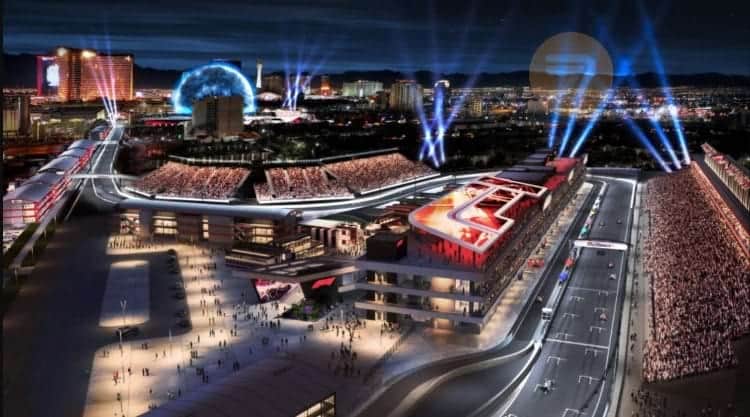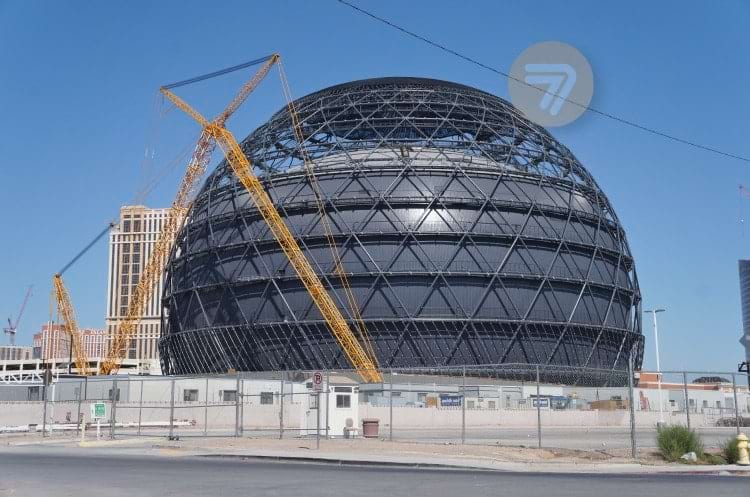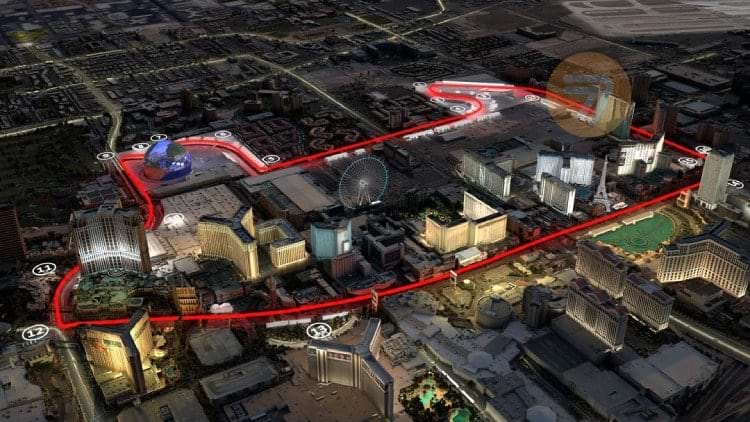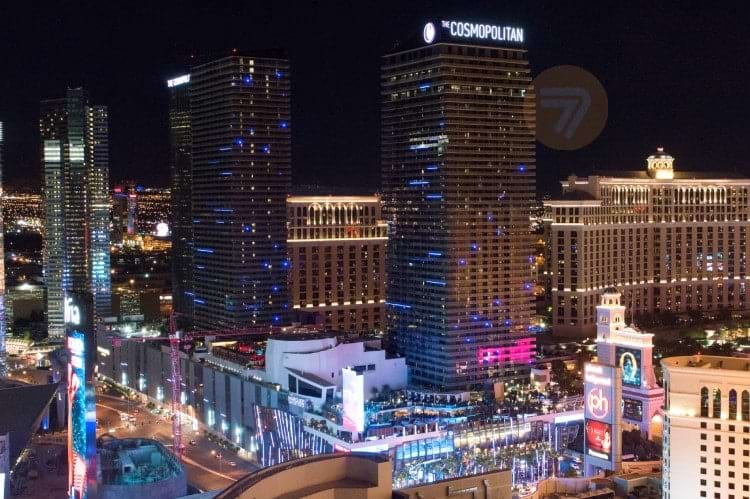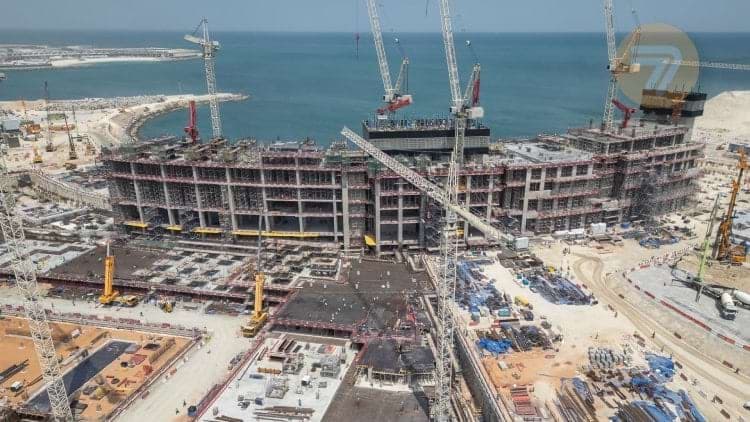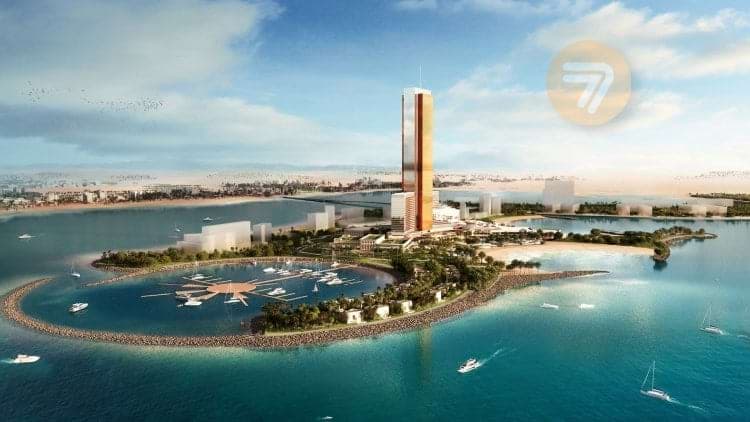It’s Raining Billions of Dollars in Post-Covid Las Vegas
27 Nov 2023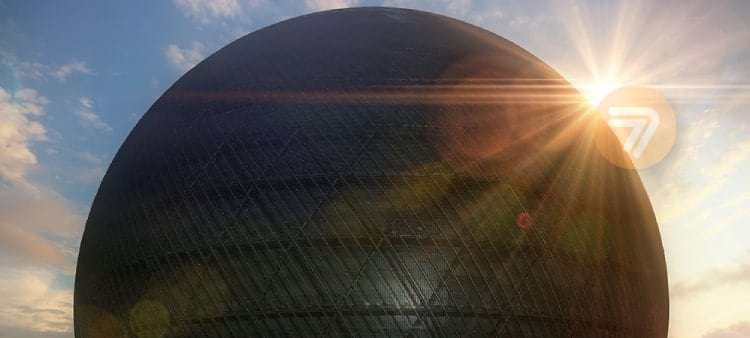
GlobalData reports that the pandemic brought a 24% drop in growth of the global casino industry, lowering the sector’s value from $145 billion in 2019 to $110 billion in 2020.
The easing of some of the restrictions in the following year allowed casinos to reopen with safety measures in place, and the market again registered a positive growth of 19%, reaching a size of $131 billion for 2021.
This change of winds acted as a signal for investors, and billions of US dollars started pouring all over the industry into fresh projects or previously planned endeavors that had to be postponed due to Covid-19 and then restarted with bloated budgets.
Naturally, the whole investment frenzy that followed is best exemplified by the golden shower still raining over the world’s most iconic gambling haven – Las Vegas, where everything has to be the biggest, the brightest, and most crucially – the costliest.
The Costliest Race in the History of the Most Expensive Sport
Spending north of half a billion dollars to spin a Formula 1 race in the weekend of 18-19 November in a country full of Nascar fans doesn’t sound too impressive for the usual scale of how things are done on the renowned Strip of Las Vegas in Paradise, Nevada, USA.
Hosting the most expensive motor race in the history of humankind’s most expensive sport, however, sounds exactly like what a new guy coming to town should do to draw attention in Las Vegas.
Only time will tell whether this particular $500+ million gamble was worth it and whether the costly sport would win a permanent place in the hearts of Americans. Still, the Formula One Group surely spared no effort.
Besides pouring an unprecedented amount of cash for any single Grand Prix (GP) start in history, F1 went outside its comfort zone and promoted the event by itself instead of following the usual practice of having an outside promoter paying for the honor.
Perhaps the most significant trait of Las Vegas GP distinguishing it from other recently introduced circuits is that the race track was not built somewhere outside the city where it would be cheap and convenient. Instead, the F1 track ran right through the heart of the Strip.
Moreover, the main event and all practices and qualifications were scheduled at night when the push Las Vegas skyline would shine in its full neon lights glory.
Sphere, Las Vegas’ $2.3 Billion Cinema Theater
Las Vegas had just witnessed the heaviest investment ever in an entertainment venue. The investment reached $2.3 billion according to last estimates. It’s simply called Sphere.
The MSG Sphere opened on the 29th of September with 17,500 seats and an extended 5-week U2 concert run. The Sphere is a joint venture between Madison Square Garden Entertainment Inc. and Apollo Global Management.
The project began in 2018, led by MSG and Las Vegas Sands Corp., who donated the land. The first cost estimate, between $1.2 and $1.7 billion, was announced a year later. Sphere was completed two years after the planned 2021 date at a higher cost.
In the meantime. Sands sold their interest together with the Venetian and the Palazzo hotel and casino complexes to APO for $2.25 billion. And MSG had to sell their 66.9% stake in Tao Group Hospitality for $550 million. Reportedly to be able to fund Sphere’s climbing construction costs.
Money Goes to Money: The Las Vegas GP Race Track
The world’s most expensive sport took due care to pay homage to the freshly invested billions in Sphere. It did so by having the $500 million Las Vegas GP race track make a spectacular detour. The detour went around the 54,000 sq.m spherically shaped external LED screen.
Heading past Sphere along Sands Avenue, the circuit moved between the Venetian’s Palazzo and the Wynn Towers. These towers recently received a large investment for a luxurious overhaul. Next, the circuit continued onto a long straight on Las Vegas Blvd. It passed by other iconic landmarks such as Caesars Palace and the Bellagio.
The heavy braking section at the end of the long straight was set between Planet Hollywood and the towers of the Cosmopolitan. Where MGM Resorts International recently acquired the operation rights in a $5.65 billion deal.
Wynn and MGM Pioneer New Gambling Locations
The flow of billions of investments in the global casino industry after the pandemic is not limited to Las Vegas. Nor is it limited to other long-established gambling havens. Gaming giants Wynn and MGM, in particular, have been making some pioneering investments. The investments have been made in new promising locations. These locations were previously out of the question.
We have already written about the $2 billion being invested by Wynn on the artificial Al Marjan island in UAE. Which is to be two times bigger than Wynn Las Vegas. It will also be the first gaming venue in the Arab Gulf region.
MGM have joined the Orix Group and a number of smaller local investors. They are investing in a $13.5 billion initially priced project to build the first casino in Japan. Which is planned to open in Osaka in 2029.
In 2018, Japan legalized poker, baccarat, and some other real money games. The country did so in a move to promote tourism and job creation. And to rival the regional gambling center Macau. Where the local operators recently renewed their licenses against an undertaking to invest $14.7 billion in the city’s economy over the next ten years.

